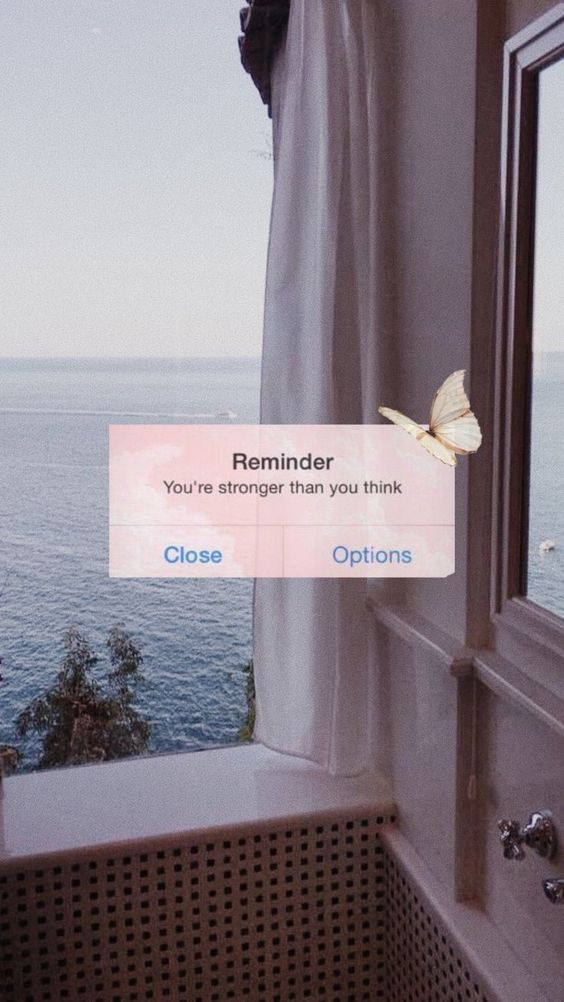6 FORM
MAY 19/05. 21/05
MAY 06/05. 07/05. 12/05/
16.04/17.04 3. EASTER
(31.03/ 3.04/ 6.04) 2. COUNTRIES & NATIONALITY
(MARCH 16/17/20) 1. TRAVELLING
1. WATCH THE VIDEO. VOCABULARY!




READING COMPREHENSION TEST
FOR 6TH FORM PUPILS
1. Read the text and complete the
sentences.
Tea
This is a story of an English sailor. He brought home some tea-leaves for
his mother. She asked her friends to try “tea”. The old woman brought
in a dish. The guests began to eat the leaves. Nobody liked them.
At that moment the sailor came in. He
looked at the table, smiled and said, “Mother, what have you done with those tea leaves?”
“I’ve boiled them as you told me”.
“And what have you
done with the water?”
“I threw it away”.
“Now you may throw
away the leaves, too”, said her son.
This story shows that people in England at that time knew very
little about tea.
Nowadays most people
in the world like tea very much.
1) This is a story of
an_____________ sailor.
a) French b) English c) Ukrainian
2) He brought home some tea-leaves for his_____________.
a) mother b) father c) sister
3) She asked her friends to try____________.
a) apples b)
“tea” c) flowers
4) The guests began
to___________ the leaves.
a) like b) water c) eat
5) Nowadays most
people in the world____________ tea very much.
a) like b)
likes c) liked
2. Put the events in the right order.
1) At that moment the sailor came in.
2) This story shows that people in England at that time knew very little about tea.
3) The old woman brought in a dish.
4) This is a story of an English sailor.
5) “And what have you done with the water
Writing comprehension
I. Make up questions.
1)places/recently/you/in/what/have/Ukraine/visited?
2)go/did/there/when/you?
3)of/you/means/by/travel/what/did/transport?
4)did/see/sights/you/there/what?
5)your/did/journey/like/you?
II. Put “the” where necessary.
1)____ British
keep their traditions very carefully.
2)_____ Egypt is
famous for ____ Pyramids.
3)When they
visited _____ Scotland they stayed at ____ McCones’ house.
4)____ Viennain
____ United Kingdom or in ____ Austria?
5)Would you like
to visit ____ Eiffel Tower or ____ Acropolis?
6)_____ Jacksons
live in ____ Hill Street.
III. Put the verbs in brackets into the correct tense.
1)He promises that
he ______ (to buy)the tickets for the concert tomorrow.
2)My parents
always ______ (to stay)at this hotel.
3)I ____ never
_____ (to be)to Berlin.
4)Look! They
_______ (to get)off a train.
5)Last spring
Frank______ (to take) many wonderful photos of animals in Africa.
6)My aunt _____
(to take) me to Mexico next summer.
IV. Complete the sentences with the prepositions from
the box.
|
in into
off with by
on
|
1)What means of transport do you prefer to
travel ____ ? – I prefer to travel ____ foot. 2)Will your daughter come to our
village ____ autumn? 3)I enjoy spending my time ____ with my family.4)Kate got
____ the train and went along the road.
5)The bus arrived _____ Milan early in the morning. 6)Tom prefers playing _____
his friends. 7)My brother travels ___ business.
16.04/17.04 3. EASTER
(31.03/ 3.04/ 6.04) 2. COUNTRIES & NATIONALITY
LEARN THE WORDS!
WRITE: EX 4 P.158
READING: EX 2(B) P.161
(MARCH 16/17/20) 1. TRAVELLING
1. WATCH THE VIDEO. VOCABULARY!
1. Look at the photos. Answer the questions.

1. Have you ever travelled by train?
2. Where did you go?
3. Who did you go with?
4. Did you like your trip?
2. Listen, read and act out the dialogue.
Molly: How are we going to travel, Mum?
Mrs Parker: We are going to travel by train.
Molly: And where do the trains stop?
Mrs Parker: They stop at the railway stations. Hurry up, Molly! We must get there in time before the train starts. If we are late, we can miss the train. All the passengers must take their seats in time.
Molly: Can I have a seat by the window?
Mrs Parker: Sure.

3. Ask and answer the questions.
1. Where do the trains stop?
2. Why do the passengers usually hurry up?
3. What happens to a person who is late for the train?
4. When must the passengers take their seats?
5. Have you ever travelled by train?
6. What did you like about your trip?
Conversation Lab
4. Work in two groups. Have a class discussion. Talk about pros and cons of travelling by train. Use the table given below.
Example:
Group A: Travelling by train is the most comfortable means of travelling.
Group B: Travelling by train is very slow.
Group A: For
|
Group B: Against
|
1. We can go by train in any weather.
2. We can travel comfortably in a sleeping-car.
3. It is easy to get to the railway station.
4.....
|
1. The trip is very long.
2. The speed is not fast.
3. Sometimes the tracks are bad.
4.....
|
5. Read and complete the sentences. Use the words from the box given below.
• travel • slower • could • read • dining-car • fields • compartment • summer •
Travelling by train is (1) ........ than by plane. But Mary likes to (2)…............................................ by train. She went to her grandmother by train last (3)… Her train was comfortable with a (4) She (5)…............................................ see beautiful (6)… and forests through the (7)… window and she (8)… books.

6. Write about your travels by train. Use the words: to go for a trip, a fast train, a slow train, to make new friends, a sleeping-car, a dining-car, to look through the window, to read books.






Коментарі